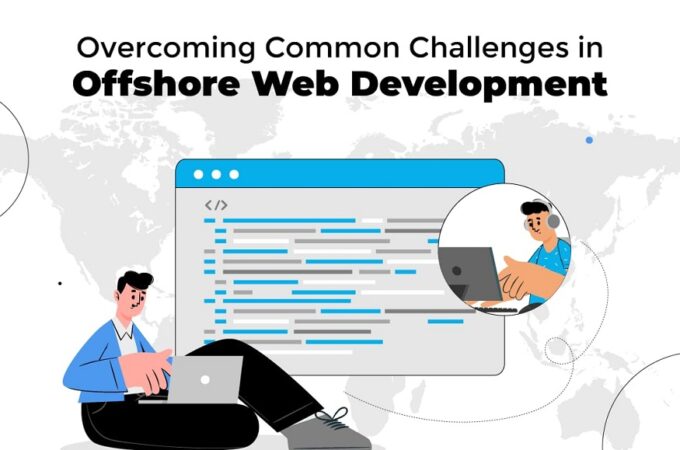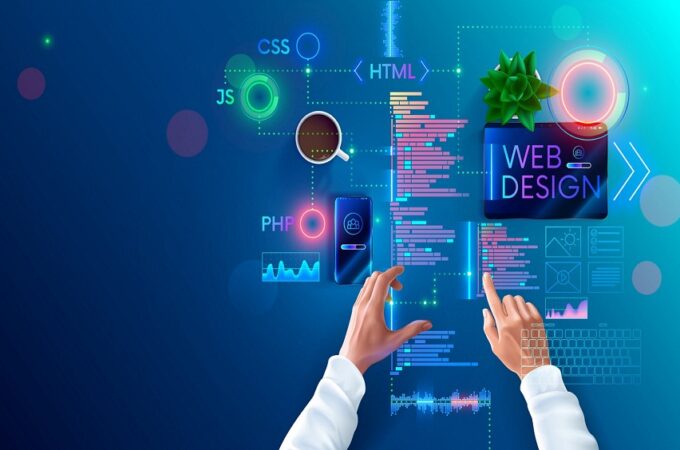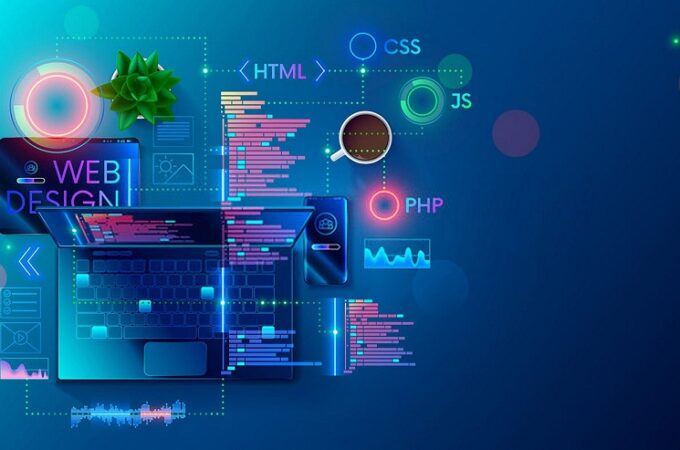Bridging the Gap: AI Software Development Services for Non-Tech Businesses
Artificial intelligence is having a profound impact on the way businesses operate in a range of industries and even niches. When discussing the capabilities of AI, it’s easy to assume that software will be integrated in tech companies more so than anywhere else, but this is not strictly the case. It has the ability to increase performance, reduce the need for manual efforts regarding menial tasks, offer a more streamlined approach to customer service, and so much more. This means that it has a host of applications for non-tech organizations, for optimization and increased success.
Making AI accessible
Innovation is driving change and this is just as true for non-tech sectors as it is for tech industries. While it may have taken a little longer for AI to reach more diverse spaces, many businesses and corporations have recognized that it breeds a more innovative and dynamic landscape. There is such a diverse spectrum of use-cases utilizing AI software and those taking steps to leverage its power – and a range of businesses will be able to fully unlock their potential in the modern online environment. The top areas where AI is being implemented in non-tech sectors are:
Finance
One of the biggest ways that AI is emerging in finance sectors is fraud detection, as machine learning algorithms are able to detect and prevent activities that it deems dangerous. Specially programmed modelling will identify anomalies and patterns by scouring large datasets to perform detection and protect consumers and in-house finances alike.
Healthcare
Medical imaging has been transformed in recent years by AI algorithms. These have the ability to not only scrutinize an array of medical images, but also instantly compare data from extensive databases to identify abnormalities in a bid to assist with disease diagnosis. With low rates of error and faster, more accurate results over human conclusions, this is arguably one of the most groundbreaking applications of AI technology to date.
Retail
Retail is probably one of the most well-known areas where AI is being implemented, with many physical and online services using machine learning and similar protocols to perform analytics on consumer behaviors. It will determine preferences and build personalized data sets that will improve product recommendations and elevate the shopping experience.
Additional AI applications
It’s worthwhile to mention that natural language processing (NLP) is a pivotal part of AI that is appearing across a whole host of sectors, namely for its capabilities in streamlining customer services. Whether you are hoping to make an appointment at the doctors or need to make inquiries about package deliveries, you will likely encounter chatbots that can tackle lower level inquiries and negate the need to speak to an operator (unless necessary).
AI success cases in non-tech spaces
One sector we didn’t mention above is supply chain management. It’s important to understand that algorithms are designed to systematically analyse sales data, including market trends, to generate actionable forecasts for future demand. Businesses that aren’t in the tech sector will be able to gain deep insights and take a more agile approach to budgeting, maximizing supply chain efficiency, and even optimizing inventory based on results. We chose this example to showcase AI success as it is leveraged by some of the biggest global brands; including Unilever, Walmart, and Siemens.
AI has a universal approach across sectors for ultimate functionality
AI is unique in the fact that software is built to learn independently and can define and execute a vast number of processes to enrich experiences. Not only has it been one of the top tech innovations of the last decade, but it’s going to continue to evolve and improve for widespread adoption on a more universal scale. AI development services are bringing cutting-edge AI products to businesses of all calibres. The RAIDS approach designed by Develtio is further enhancing tailored software capabilities that have actionable results and seamless integration.





